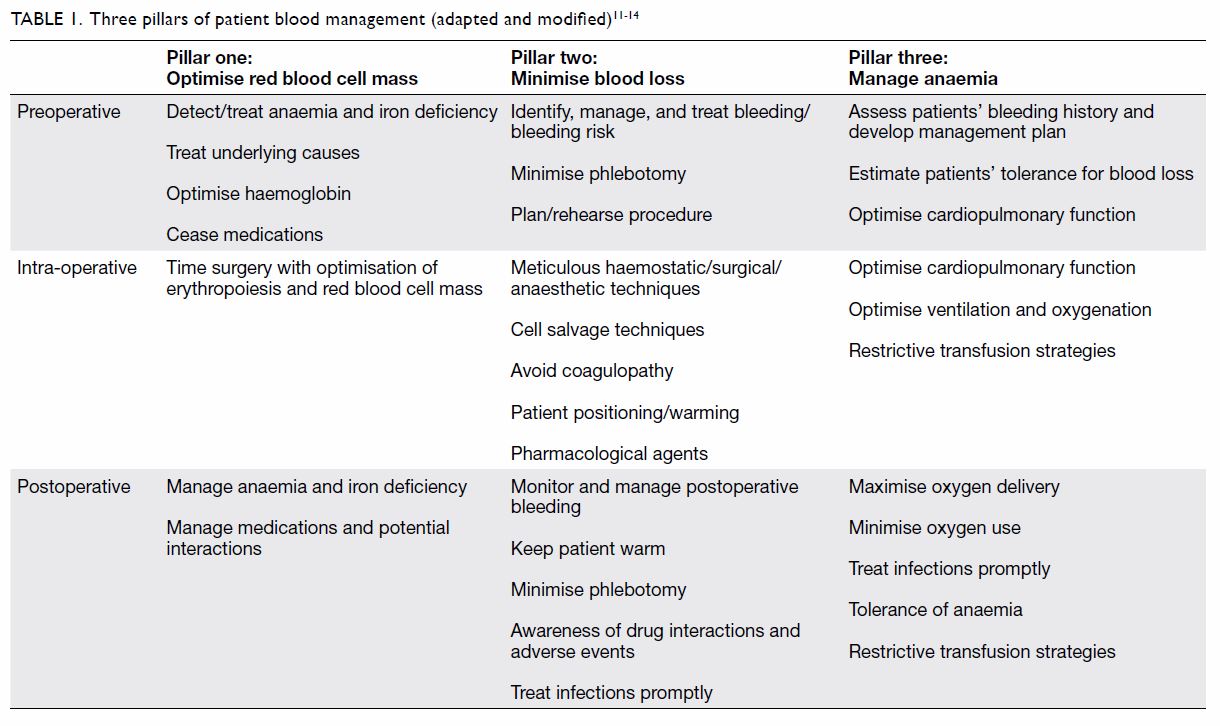

For the sake of gaining new insight into blood transfusions as well as to provide a new theoretical basis for clinical research, it is necessary to clarify the global metabolic alterations that accompany blood transfusions.
#BLOOD TRANSFUSION REACTIONS FIRST AID 2017 FULL#
Gene expression data and proteomic analyses cannot provide a full description of the underlying physiology, and thus metabolomics is a useful supplement, offering a better understanding of physiological changes 16. Metabolomics involves the systematic study of endogenous metabolites and aims to comprehensively quantify and identify metabolites from biological samples that are the end products of cellular processes 15. Additionally, it is not known whether this problem is confined to immunosuppression. Although a hypothesis regarding the genome and proteome, termed transfusion-related immunomodulation (TRIM), has been extensively proposed 12, 13, the molecules and mechanisms involved have not been fully elucidated 14. Accordingly, it is worth noting that the situations in which patients are perioperatively given ABT are likely to show side effects or induce cancer recurrence. Moreover, based on the integration of data from observational studies via meta-analyses, significant associations between perioperative ABT and related cancer-specific mortality or cancer recurrence have been reported 10, 11. In a recent study, although blood transfusion reactions are rare, the risk of death, postoperative infection, and other adverse clinical outcomes was elevated among patients who received perioperative allogeneic blood transfusion (ABT) 8, 9. However, blood transfusions still pose significant risks, including coagulopathy, incompatibility, transmission of infectious agents, and allergic reactions 3, 4, 5, 6, 7. Our data provide endogenous information for a better understanding of blood transfusion reactions.Īs a lifesaving therapeutic treatment, there is a need for blood transfusions in patients undergoing surgery 1 or with anemia 2. Taken together, our results show a difference between autologous and allogeneic blood transfusions and demonstrate correlations with cancer-associated metabolic changes. Finally, amino acid metabolism was also altered following ABT. Supporting this result, glucose metabolism-related enzyme IRS1 and interleukin-6 (IL-6) were abnormally expressed, and levels of lysophosphatidylcholine (LysoPC) and its related enzyme phospholipase A2 (PLA2) were significantly altered in allogeneic groups compared to those in autologous groups.

ABT promoted a stimulatory microenvironment associated with a relative increase in glucose transporter 1/4 (GLUT1/GLUT4) expression. To further profile the “metabolome” after blood transfusions, we used both liquid chromatography-quadrupole time-of-flight high-definition mass spectrometry and gas chromatography-mass spectrometry. In this study, we investigated metabolite changes generated by ABT in a rat model using metabolomics technology. Nevertheless, little is known about the global metabolic alterations that reflect the possible reactions of blood transfusions. Perioperative allogeneic blood transfusions (ABT) are associated with various risks, including coagulopathy, incompatibility, transmission of infectious agents, and allergic reactions. Blood transfusions temporarily improve the physical state of the patient but exert widespread effects on immune and non-immune systems.


 0 kommentar(er)
0 kommentar(er)
